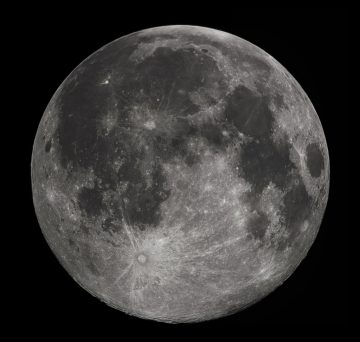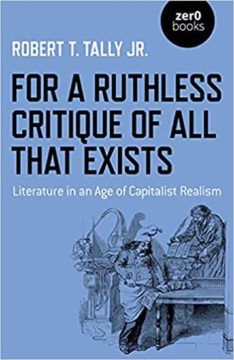by Jochen Szangolies
 The only thing worse than a good argument contrary to a conviction you hold is a bad argument in its favor. Overcoming a good argument can strengthen your position, while failing to may prompt you to reevaluate it. In either case, you’ve learned something—if perhaps at the expense of a cherished belief.
The only thing worse than a good argument contrary to a conviction you hold is a bad argument in its favor. Overcoming a good argument can strengthen your position, while failing to may prompt you to reevaluate it. In either case, you’ve learned something—if perhaps at the expense of a cherished belief.
But with a bad argument, you’re put in an awkward situation. Since you agree with its conclusion, to the extent that you’re interested in spreading belief in this position, engaging it would not seem to be in your best interest. On the other hand, such arguments always carry the necessary raw materials for the construction of future strawmen within them: bundled together, they only need to then be knocked down with great aplomb to try and dissuade belief in the conclusion they purport to further. Hence, I call such arguments ‘straw arguments’.
Take the case of Ernst Haeckel’s supposed ‘biogenetic law’, which posits that the creation of the individual retraces the evolutionary history of the entire species—‘ontogeny recapitulates phylogeny’. Thus, that evolutionary history is manifest in the developmental stages of an individual history, giving direct evidence (of a sort) of this history. The only trouble is, it’s wrong; individual stages of embryonic development do not resemble adult stages of phylogenetic ancestors. Read more »



 In connection with our research and meetings in the MacArthur network we did a considerable amount of international travel. Let me now turn to a whole series of my travel-related stories, some in connection with this network but mostly outside it and in different periods of my itinerant life.
In connection with our research and meetings in the MacArthur network we did a considerable amount of international travel. Let me now turn to a whole series of my travel-related stories, some in connection with this network but mostly outside it and in different periods of my itinerant life.

 The United States may regard itself as a “
The United States may regard itself as a “ For humans, biologically speaking, soul mates are entirely real. But just like all relationships, soul mates can be complicated. Of course, there isn’t a scientifically agreed-upon definition for “soul mate.” But humans are in a small club in the animal kingdom that can form long-term relationships. I’m not talking about sexual monogamy. Humans evolved with the neurocircuitry to see another person as special. We have the capacity to single someone out from the crowd, elevate them above all others and then spend decades with them.
For humans, biologically speaking, soul mates are entirely real. But just like all relationships, soul mates can be complicated. Of course, there isn’t a scientifically agreed-upon definition for “soul mate.” But humans are in a small club in the animal kingdom that can form long-term relationships. I’m not talking about sexual monogamy. Humans evolved with the neurocircuitry to see another person as special. We have the capacity to single someone out from the crowd, elevate them above all others and then spend decades with them. At its height in the 1840s, the West African kingdom of
At its height in the 1840s, the West African kingdom of  Marco D’Eramo in Sidecar:
Marco D’Eramo in Sidecar: John Burn-Murdoch in the FT (image © Bloomberg):
John Burn-Murdoch in the FT (image © Bloomberg):
 Robert Scott in the LA Review of Books:
Robert Scott in the LA Review of Books: